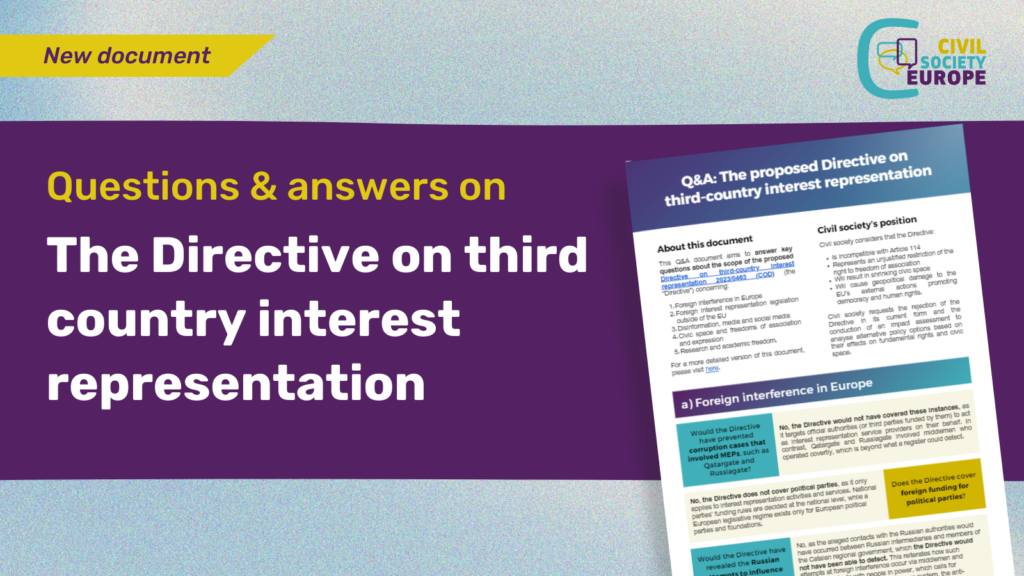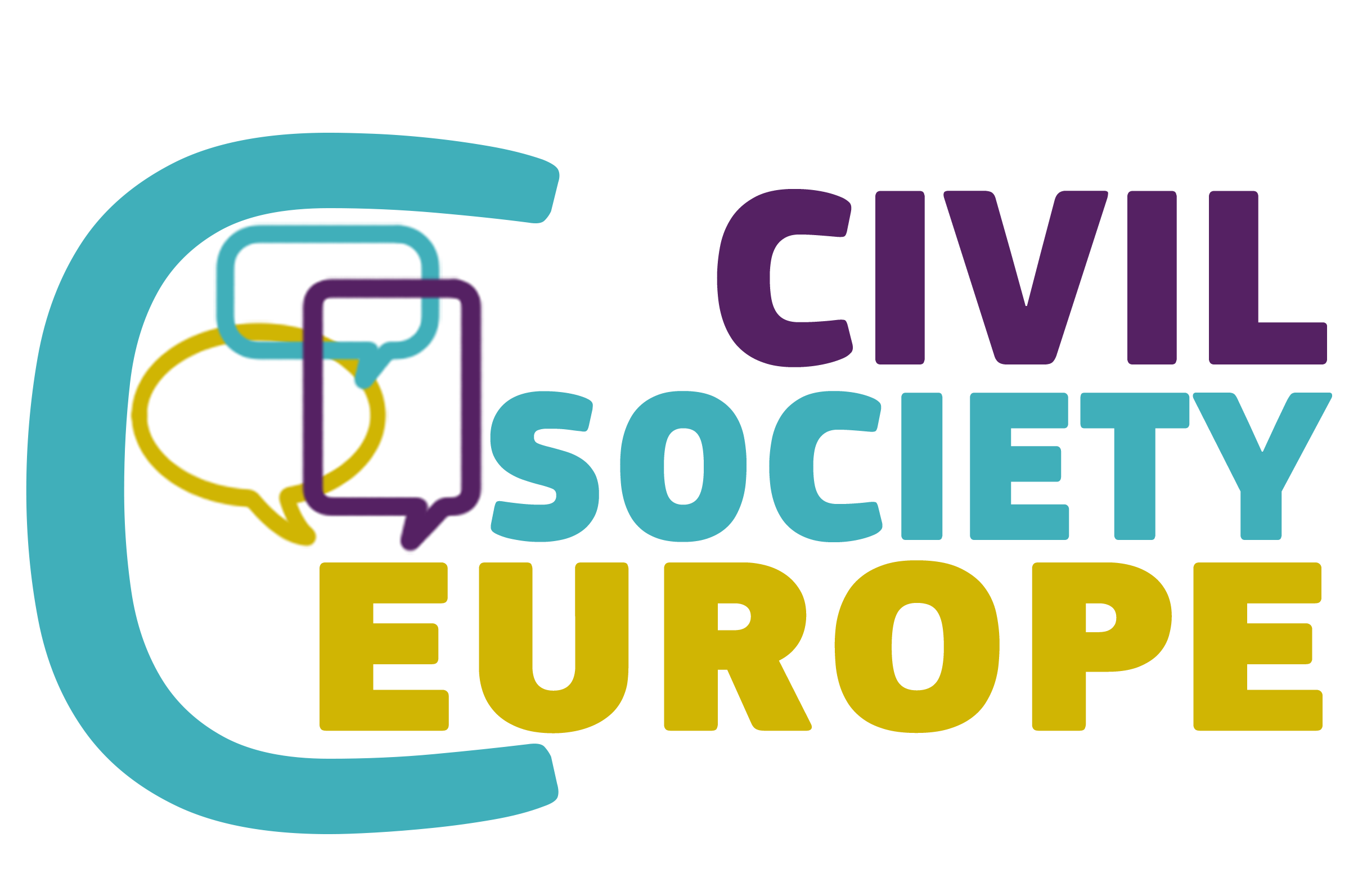
This document aims to answer key questions and clarify common misconceptions about the scope of the proposed Directive on third-country interest representation 2023/0463 (COD) regarding:
- Foreign interference in Europe
- Foreign interest representation legislation outside of the EU
- Disinformation, media and social media
- Civic space and freedoms of association and expression
- Research and academic freedom
The document highlights that the proposed Directive would have failed to detect recent instances of foreign interference, such as Qatargate and Russiagate. It also suggests that the Directive could negatively impact civic space and academic freedom, and is already being used to justify foreign agent laws in third countries, such as Georgia. Furthermore, the document demonstrates that concerns over foreign interference in areas like social media, media ownership, and disinformation are already addressed by existing legislation, including the DSA, DMA, and EMFA. Lastly, it illustrates how general legislation, such as the EMFA, which applies to both internal and external actors, can detect foreign interference without stigmatizing or imposing additional bureaucratic burdens on specific groups, like civil society organizations (CSOs) and universities that may receive funding from third countries.
| This Q&A document has been prepared by the informal coalition on the Defence of Democracy Package coordinated by Civil Society Europe with contributions from Article 19, the European Civic Forum, the European Partnership for Democracy, and the European University Association. For the common civil society policy brief on the Directive, please visit here. |

